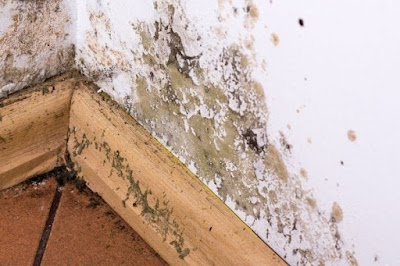Exploring The World Of Water Meter And The Flow Of Control
 |
| Water Meter |
Water Meter play a crucial role in measuring, monitoring, and controlling the flow of water in various applications. From residential households to industrial complexes, water meters provide valuable data that helps ensure efficient usage and conservation of this precious resource.
Types of Water Meter: -
Water Meter come in different types, each suited
for specific applications. The most common types include velocity meters,
displacement meters, compound meters, and electromagnetic meters. Velocity
meters, such as turbine and paddlewheel meters, measure the flow rate based on
the speed of the water. Displacement meters, like positive displacement and
nutating disc meters, measure the volume of water passing through them.
Compound Water Meter combine
velocity and displacement measurement methods, offering accurate readings
across a wide flow range. Electromagnetic meters, on the other hand, use
electromagnetic induction to measure water flow.
Functions and Features:-
Water Meter not only measure the volume of water consumed but
also provide crucial data for billing purposes, leak detection, and water conservation
efforts. Advanced features in modern water meters include remote reading
capabilities, tamper detection, and data logging. Remote reading enables
utilities to collect meter readings without physically accessing each meter,
saving time and resources. Tamper detection mechanisms alert authorities to any
attempts at unauthorized access or tampering with the meter. Data logging
features allow for the recording and analysis of consumption patterns, aiding
in identifying anomalies and improving overall water management.
Importance of Flow Control:-
Flow control is essential for
efficient water management. Water Meter
enable accurate measurement, helping consumers understand their water usage and
encouraging responsible consumption. They also facilitate leak detection, as
abnormal flow rates can indicate potential leaks within the system. Timely
identification of leaks minimizes water loss and prevents damage to
infrastructure. Water meters are particularly critical in industrial
applications, where precise flow control is necessary for optimal production
processes and cost management.
Flow control also plays a vital
role in water conservation efforts. By monitoring consumption patterns,
authorities can identify areas of high usage and implement strategies to reduce
wastage. Additionally, Water Meter
enable the implementation of tiered pricing structures, incentivizing consumers
to use water wisely and discouraging excessive consumption.
Water Meter are not mere measuring devices; they are instrumental
in promoting efficient water management and conservation. By accurately
measuring water consumption, facilitating leak detection, and enabling flow
control, water meters contribute to sustainable water usage practices. As
technology continues to advance, water meters are becoming increasingly
sophisticated, with features like remote reading and data logging enhancing
their functionality.
The future of Water Meter holds even greater promise, with the potential for
smart meters and real-time data analytics to revolutionize water management on
a broader scale.



Comments
Post a Comment